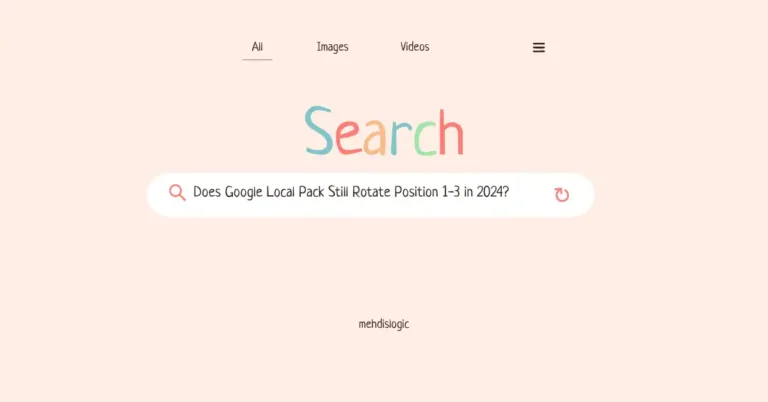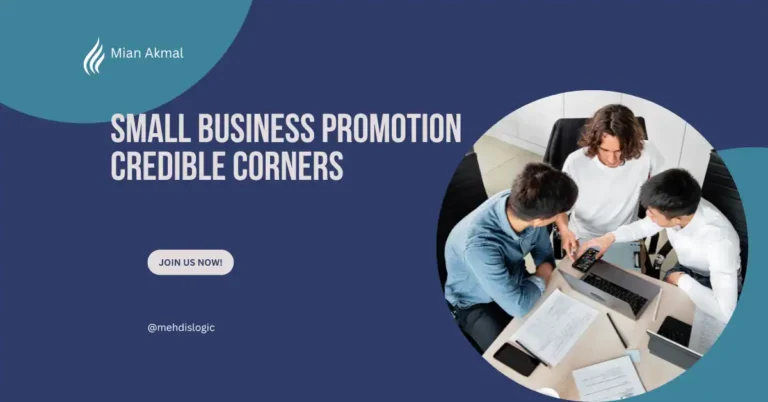A Practical Guide to Quantitative Finance Interviews: Nail Your Dream Job
Landing a job in quantitative finance can feel like climbing Mount Everest—steep, intimidating, and not without its risks. But here’s the good news: with the right preparation, you can conquer the interview stage and secure that dream role. Whether you’re sweating over Green Book problems or scouring the web for Books for Quantitative Finance Interviews, this guide is your ultimate toolkit. Packed with practical tips, relatable examples, and a dash of humor, it’s your ticket to interview success.
Ready to demystify the process and put your best foot forward? Let’s dive in!
Why Quantitative Finance Interviews Are a Big Deal
The High Stakes of Quantitative Finance Roles
Quantitative finance isn’t just about crunching numbers—it’s a high-stakes field where precision, strategy, and innovation collide. Successful candidates unlock opportunities for significant compensation, career growth, and the chance to work on cutting-edge financial challenges. But that’s not all; these roles demand exceptional problem-solving and analytical skills, making the interview process uniquely rigorous.
The “Quant” Demand: Who’s Hiring and Why It Matters
From hedge funds to investment banks, the demand for quants has skyrocketed. Firms like Goldman Sachs, Morgan Stanley, and Citadel are constantly on the lookout for talent that can optimize trading strategies, develop algorithms, and analyze risk. Understanding this demand helps you tailor your preparation to what these employers value most.
Preparing for Your Interview: The Foundation
Understanding the Role You’re Applying For
Before diving into preparation, get crystal clear on the job description. Roles like quantitative analyst, quantitative developer, and risk manager often require overlapping but distinct skill sets. Researching the specific expectations for your role will guide your study plan.
Mastering the Basics
Preparation starts with a strong foundation. Here are some must-have resources:
- Books: Classics like Paul Wilmott Introduces Quantitative Finance and the “Green Book” (Heard on the Street by Timothy Crack) are gold mines for interview prep.
- Online Courses: Platforms like Coursera, edX, and QuantInsti offer excellent courses tailored to quantitative finance.
- Problem Sets: Practice makes perfect. Seek out sample problems from resources like QuantNet and Glassdoor reviews to simulate real interview scenarios.
The Green Book: Friend or Foe?
Why the Green Book is a Popular Resource
The Green Book, officially titled Heard on the Street, has become a staple for quantitative finance candidates. Its problems are a perfect mix of theoretical and practical, giving you a sense of what to expect in real interviews.
Breaking Down Its Problem-Solving Approach
Don’t just skim the book—study it. Break each problem into smaller steps, understand the logic behind the solutions, and look for patterns. This systematic approach builds both confidence and competence.
Tips for Completing Every Problem Without Losing Your Mind
Tackling the Green Book can be overwhelming. Start with easier problems, then gradually increase the difficulty. Set realistic goals, such as completing five problems daily, to keep yourself motivated and on track.
Common Topics in Quantitative Finance Interviews
Probability and Statistics
Key Concepts to Brush Up On
Probability distributions, Bayes’ theorem, and statistical inference are staples of quant interviews. Make sure you’re comfortable with these topics, as they form the backbone of many questions.
Sample Problems and Solutions
- Problem: What’s the probability of rolling two dice and getting a sum of seven? Solution: There are six possible combinations that add up to seven, out of 36 total outcomes. Probability = 6/36 = 1/6.
Financial Mathematics
Interest Rates, Bonds, and Derivatives
Understanding the time value of money, bond pricing, and derivative pricing models like Black-Scholes is crucial. Employers often test your ability to apply these concepts to real-world scenarios.
Applying Theory to Real-World Scenarios
For example, you might be asked to calculate the price of a bond given its coupon rate, maturity, and market interest rate. Practicing such scenarios will sharpen your skills.
Programming and Algorithms
Essential Coding Languages
Python, R, C++, and MATLAB are commonly used in quantitative finance. Proficiency in at least one of these languages is often non-negotiable.
Practice Problems and Challenges
Practice writing algorithms to solve optimization problems, simulate Monte Carlo methods, or calculate risk metrics. Platforms like HackerRank and LeetCode are great for honing your coding skills.
Brain Teasers and Logic Puzzles
Why These Matter
Brain teasers test your creativity and problem-solving ability. They’re designed to see how you approach complex problems under pressure.
A Few Examples to Sharpen Your Skills
- Puzzle: You have two ropes that each burn for exactly one hour, but they burn at inconsistent rates. How do you measure 45 minutes? Solution: Light one rope at both ends and the other at one end. When the first rope burns out (30 minutes), light the second end of the second rope. The remaining burn time is 15 minutes, totaling 45 minutes.
Strategies for Acing Behavioral Interviews
The STAR Method: Structuring Your Responses
Behavioral interviews often use questions like, “Tell me about a time you solved a complex problem.” Use the STAR (Situation, Task, Action, Result) method to structure your answers clearly and concisely.
Questions You’ll Likely Encounter
- “Why are you interested in quantitative finance?”
- “Describe a challenging project you worked on and how you resolved it.”
- “How do you handle tight deadlines?”
Mock Interviews: Your Secret Weapon
Benefits of Practicing with Peers or Coaches
Mock interviews help you simulate the pressure of a real interview and identify areas for improvement. Feedback from peers or professional coaches is invaluable.
Tools and Platforms for Mock Interviews
Consider platforms like Pramp or InterviewBuddy, which connect you with experienced interviewers in the field.
Reviewing Your Performance and Improving
Record your mock interviews and review them critically. Focus on improving both your technical answers and your communication style.
Building Confidence and Managing Stress
Tips for Staying Calm Under Pressure
Practice deep breathing and mindfulness techniques to keep nerves at bay. Remember, it’s okay to pause and think before answering.
The Role of Visualization and Positive Self-Talk
Visualize yourself acing the interview. Positive affirmations can help shift your mindset and boost confidence.
How to Approach Unexpected Questions
If you’re stumped by a question, stay calm. Break it into smaller parts, explain your thought process, and don’t be afraid to admit if you’re unsure. Employers value honesty and problem-solving.
The Big Day: Final Checklist
What to Bring
- Copies of your resume
- A notebook and pen
- Any required documents or IDs
Dressing for Success
Dress professionally, erring on the formal side. A well-tailored suit is often a safe choice for interviews in finance.
Mental Prep: Entering the Right Headspace
Get a good night’s sleep, eat a healthy meal, and give yourself plenty of time to reach the interview location. A calm mind is a sharp mind.
Conclusion
Preparing for a quantitative finance interview doesn’t have to feel overwhelming. By following this practical guide, you’ll be ready to tackle the toughest questions with confidence and clarity. Remember to focus on understanding key concepts, practicing regularly, and staying calm under pressure. Most importantly, keep a growth mindset—every step, even the challenging ones, brings you closer to landing your dream job.
Good luck, future quant! You’ve got this.
FAQs About Quantitative Finance Interviews
- What are the best books for preparing for quantitative finance interviews?
Books like Heard on the Street by Timothy Crack and Paul Wilmott Introduces Quantitative Finance are excellent starting points. - How much math do I need to know for these interviews?
A solid understanding of probability, statistics, and calculus is essential. Employers may also test linear algebra and differential equations. - Are programming skills essential for every quant role?
Yes, most quant roles require proficiency in languages like Python, R, or C++. - How can I practice brain teasers effectively?
Solve puzzles from books or websites like Brilliant.org and PuzzleBaron. Practice thinking aloud to simulate real interview conditions. - What should I do if I don’t know the answer to a question during the interview?
Stay calm, explain your thought process, and be honest if you’re unsure. Employers value logical reasoning and transparency over guessing.







